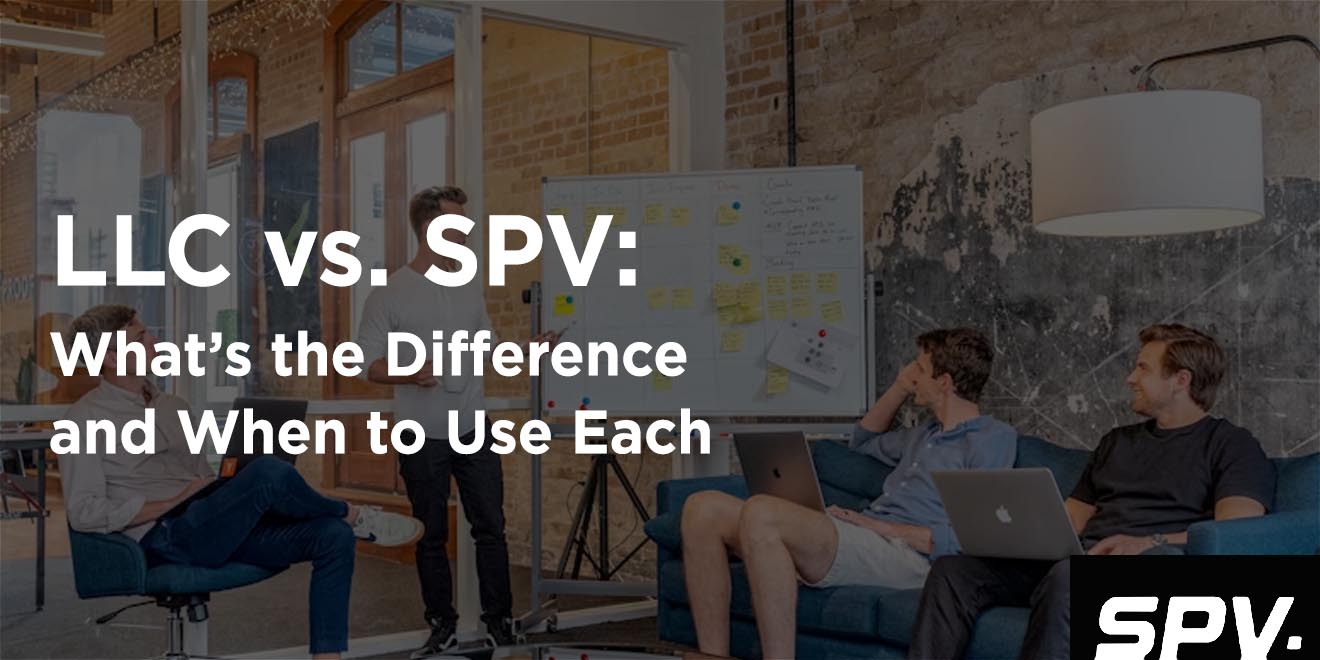
LLC vs. SPV: What’s the Difference and When to Use Each
In the world of business structuring, you’ll often see Limited Liability Companies (LLCs) discussed in the same breath as Special Purpose Vehicles. While both options offer liability protection and flexibility, they exist to solve notably different problems.
Entrepreneurs, investors, and fund managers gravitate toward one or the other based on factors like risk isolation, investor expectations, and tax objectives. Understanding where the two structures overlap—and where they absolutely do not—will spare you unnecessary compliance headaches and let you focus on building value.
Getting the Terminology Straight
What Is an LLC?
An LLC is a state-recognized legal entity that separates the owners’ personal assets from the company’s liabilities. In plain English, if the business gets sued or falls behind on debts, members (the LLC’s owners) generally can’t lose more than what they’ve invested.
An LLC can be taxed as a pass-through entity—profits and losses land on the owners’ individual returns—or it can elect corporate taxation. That flexibility, along with uncomplicated annual maintenance in most states, explains why the LLC has become the default choice for everything from food trucks to SaaS start-ups.
What Is an SPV?
A Special Purpose Vehicle, often organized as an LLC itself, is a legal entity formed for one specific mission: to house a single asset, investment, or project. Its charter, operating agreement, and financial life cycle are purposely narrow.
For example, venture-capital firms spin up SPVs to corral outside investors into one deal; real-estate sponsors use SPVs to own a single multifamily property; renewable-energy developers create SPVs to isolate each wind farm. The structure quarantines risk so that if the project implodes, the fallout stops at the entity boundary and doesn’t infect the parent company or other ventures.
Why Structure Matters
Liability Shields and Investor Comfort
At first glance, both vehicles promise limited liability. Yet the flavor of that shield differs. In a garden-variety LLC that operates a business, claims can emerge from customers, employees, landlords, or lenders. Members rely on the entity wall for general protection.
With a Special Purpose Vehicle, liability protection is narrower but deeper—tailored to safeguard a single pool of capital or an isolated asset. Investors like knowing their exposure is ring-fenced, and project lenders often demand that ring-fence before extending credit.
Tax Treatment and Administrative Overhead
Tax rules can tilt the decision. A stand-alone LLC with ongoing operations may choose S-corp status to save on self-employment taxes or accept partnership taxation so losses pass through. An SPV usually defaults to partnership taxation because it has no payroll, no inventory, and no intention of holding funds beyond the life of the project.
That simplicity keeps K-1 statements clean for investors. On the flip side, each SPV must file its own tax return, maintain separate books, and pay separate state fees, so heavy users—think venture studios launching dozens of deals—need robust back-office systems.
Typical Use Cases
Everyday Business Ventures and Operating Companies (LLC)
If you’re starting a consulting firm, opening an e-commerce shop, or launching a mobile app, an LLC covers the bases. You’ll run payroll, sign leases, negotiate supplier contracts, and possibly raise a small equity round. The entity exists indefinitely, adapting as the business pivots. Because revenue will (ideally) recur, you want a structure built for ongoing operations rather than a one-shot objective.
Isolating Risky Assets or Investment Pools (SPV)
Now picture a single real-estate syndication. Limited partners pool money to buy a 120-unit property, hold it five years, then exit. The asset and the debt sit inside an SPV, shielding investors from the sponsor’s other projects and vice versa.
Similar logic applies to a film-financing deal, a renewable-energy project eligible for tax credits, or a venture fund’s special one-off investment in an early-stage company. The SPV collects capital, executes a targeted plan, distributes proceeds, and winds down.
Key Differences at a Glance
Purpose
- LLC: Ongoing business operations with multiple revenue streams.
- SPV: Single asset, project, or investment.
Life Span
- LLC: Potentially perpetual; ends only when members dissolve it.
- SPV: Finite; dissolves when the project wraps up or the asset is sold.
Investor Expectations
- LLC: Owners often double as managers; outside investors may receive membership units but still share in overall business risk.
- SPV: Investors contribute funds for one defined play and expect no exposure beyond it.
Compliance Load
- LLC: One annual report, one tax return, routine bookkeeping.
- SPV: Each new vehicle repeats the filings, fees, and K-1 generation, so volume can compound workload.
Funding Sources
- LLC: Personal savings, traditional bank loans, or equity from friends and family.
- SPV: Private-placement capital, institutional investors, or project-specific lenders who require a bankruptcy-remote shell.
Choosing the Right Vehicle for Your Scenario
Strategic Considerations
Start by mapping your primary objective. If you need a flexible umbrella under which you can sell products, hire staff, and pivot as market forces dictate, the LLC is hard to beat. Its operational elasticity lets you evolve without reincorporating.
Conversely, if you’re eyeing a single, capital-intensive venture—perhaps a groundbreaking solar farm atop an old landfill—encapsulating the endeavor inside a Special Purpose Vehicle makes legal, financial, and reputational sense. The SPV’s narrow charter signals to partners and regulators that you take risk segregation seriously.
Ownership, Control, and Exit
Control dynamics also steer the choice. An LLC operating company often has member-managers intimately involved in day-to-day decisions. Equity stakes can shift over time through new funding rounds or buy-outs.
In an SPV, the governing documents usually assign management to a sponsor or general partner, while passive investors own membership interests tied solely to returns. When the target asset sells, the SPV distributes profits and dissolves—clean and final, with no lingering obligations.
Cost-Benefit Balance
Finally, weigh ongoing costs against incremental risk protection. A solo entrepreneur probably doesn’t need multiple stand-alone entities for each line of business; the administrative overhead would eclipse the liability benefit. Meanwhile, a venture capital fund creating three SPVs a quarter might gladly absorb state fees and tax prep costs because each new vehicle keeps failure quarantined and investor ledgers neat.
The Bottom Line
LLCs and Special Purpose Vehicles share the DNA of limited liability, but they serve distinct strategic outcomes. The LLC is the workhorse for traditional businesses that plan to interact broadly with customers, vendors, and employees. The SPV is the scalpel—precise, contained, and designed to isolate financial exposure around a single asset or deal.
Picking the right tool is less about legal technicalities and more about your long-term game plan: continuous operations versus mission-specific capital deployment. Get that alignment right, and your entity structure becomes an invisible asset, quietly shielding you while you focus on the real work of building, investing, and innovating.

Recent Posts
Newsletter
Get Latest News and Updates From VID.co! Enter Your Email Address Below.
Ready to get started with SPV formation?
Our team is here to guide you through every step, whether you’re launching a real estate SPV or need a tailored white label solution. Contact us today for a personalized consultation and find out how SPV.co can streamline your investment management.

.svg)


%201.svg)









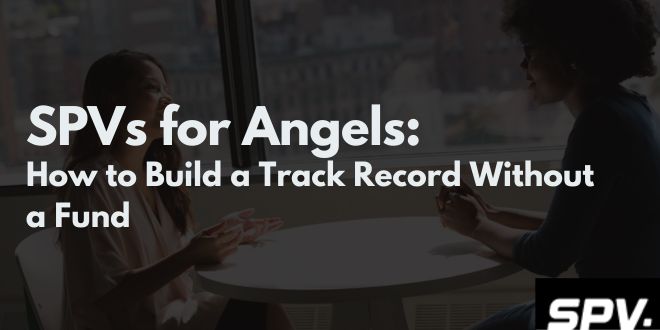


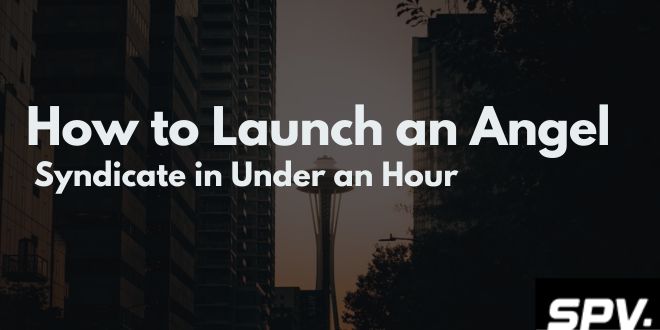
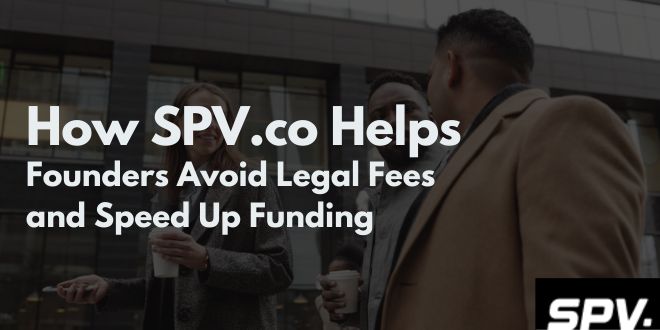
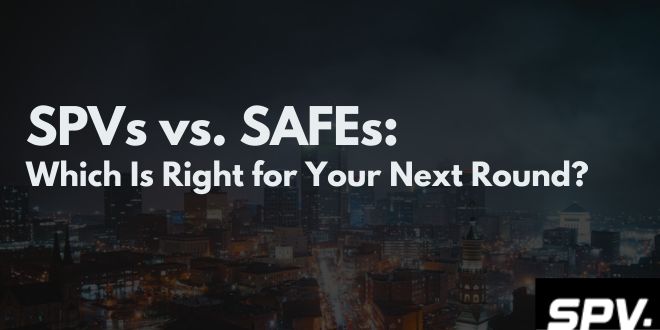

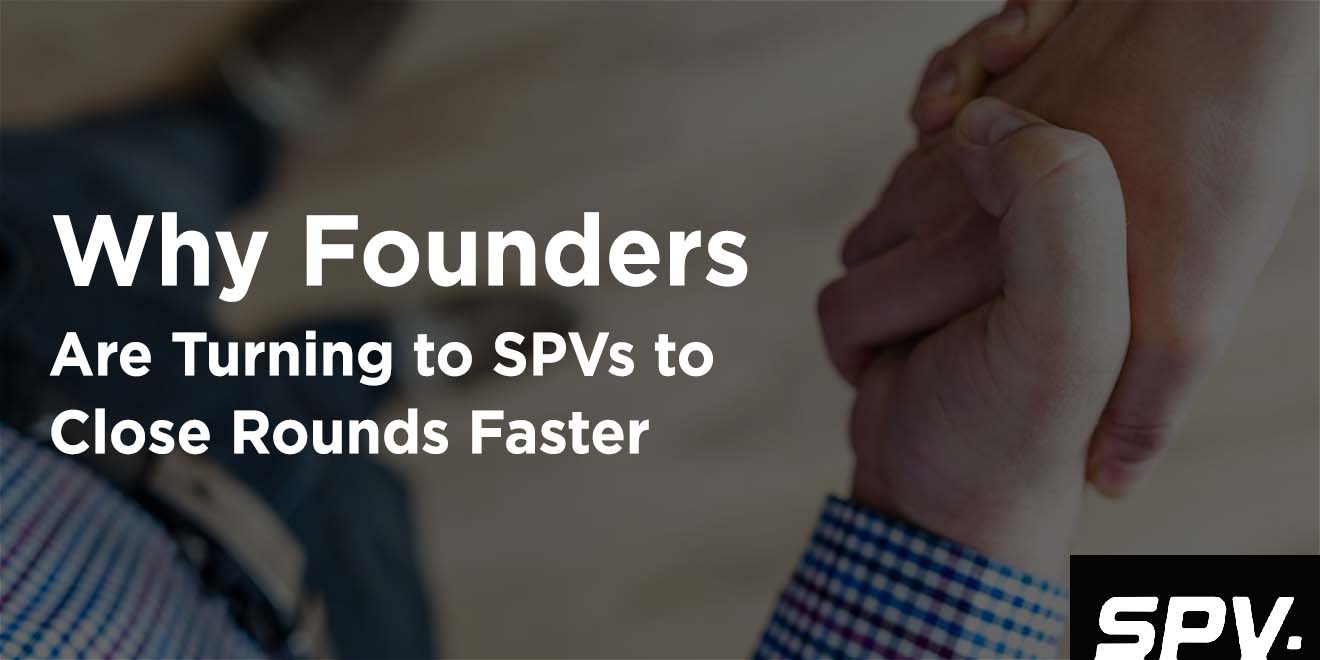
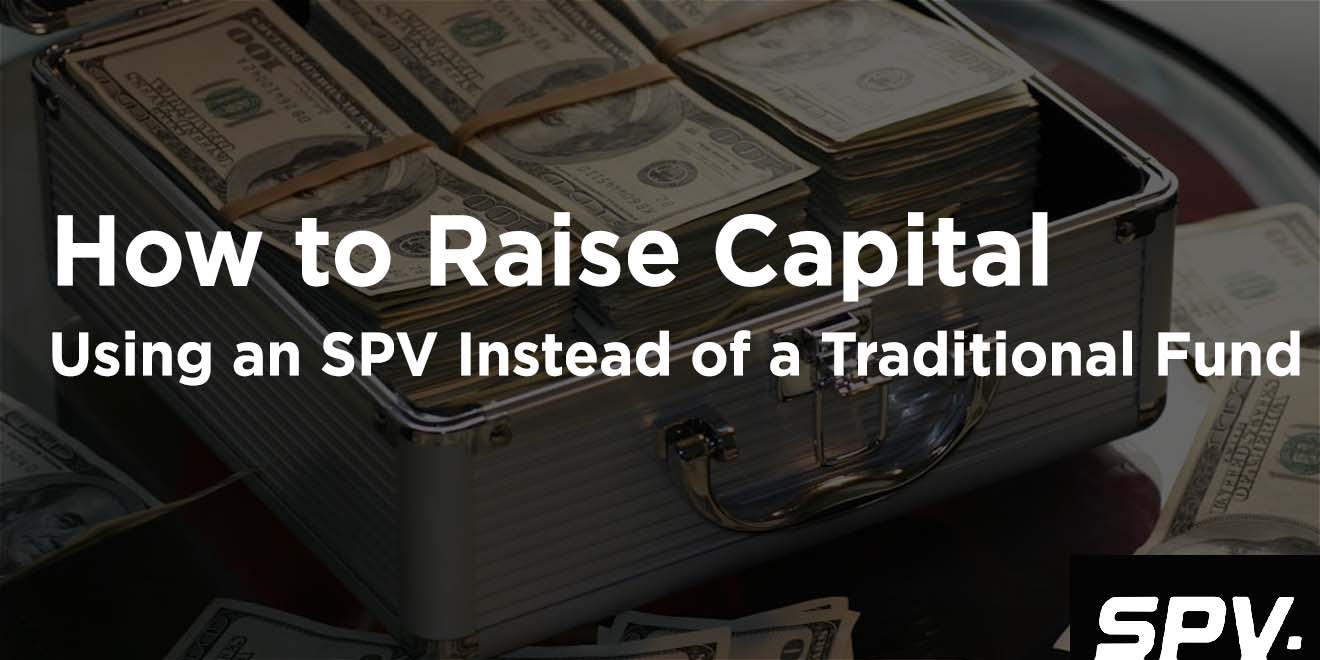
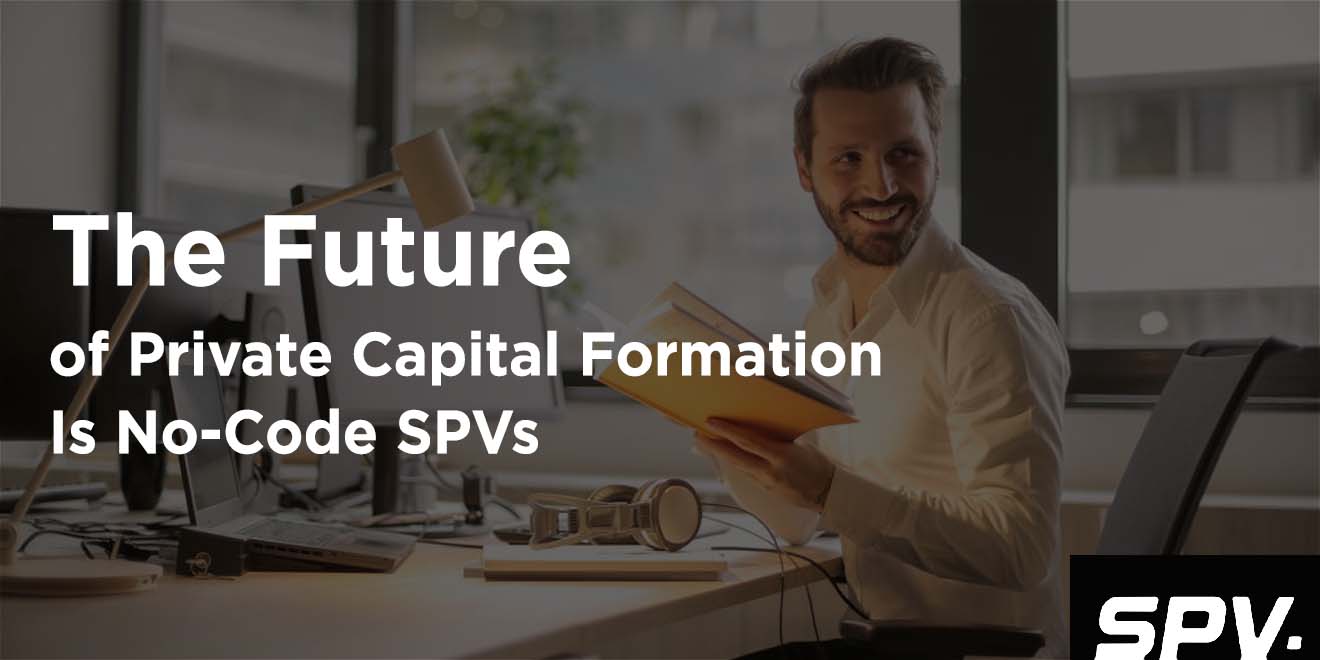
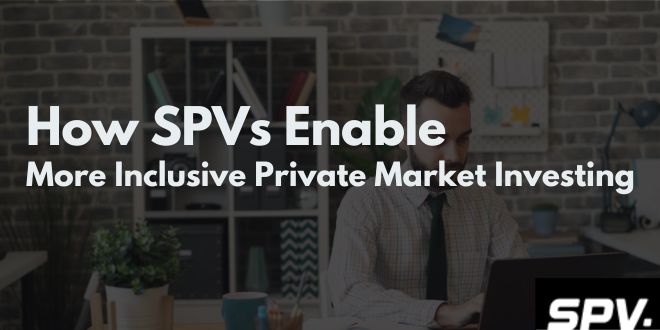

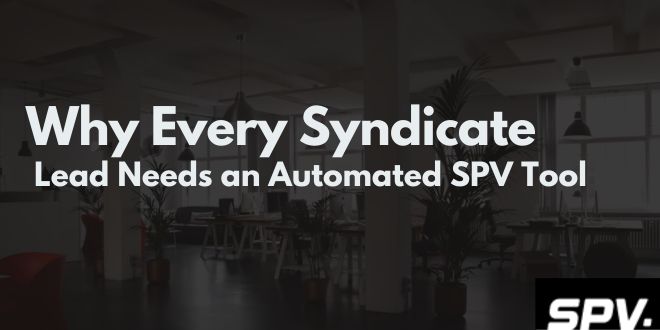
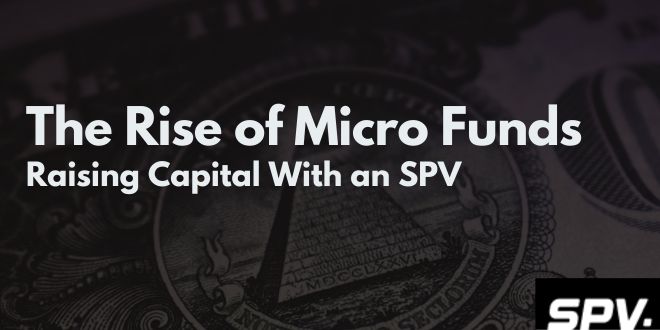
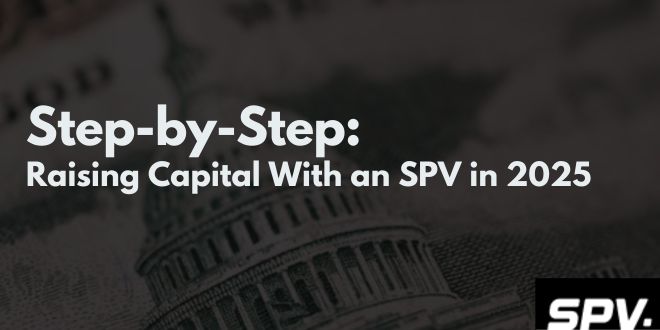
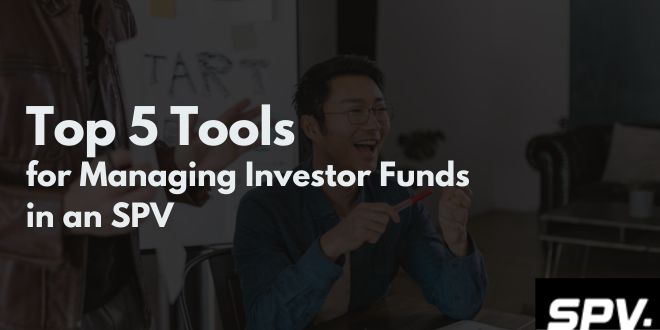
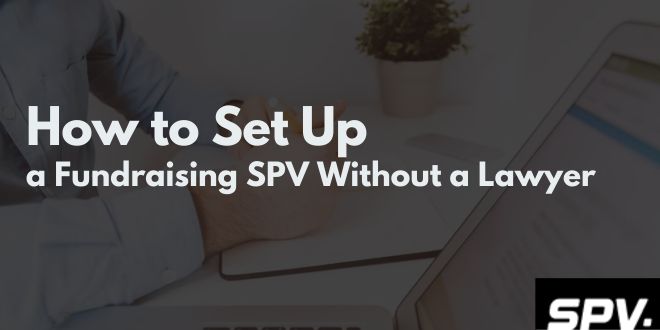
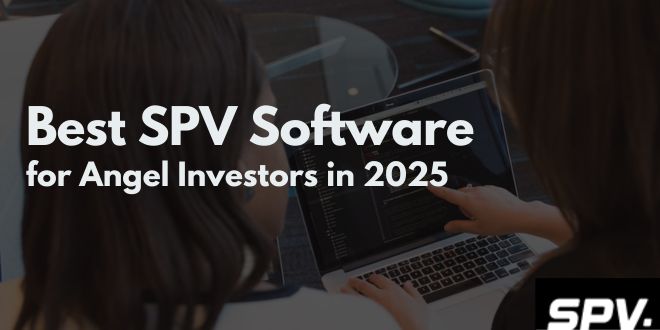
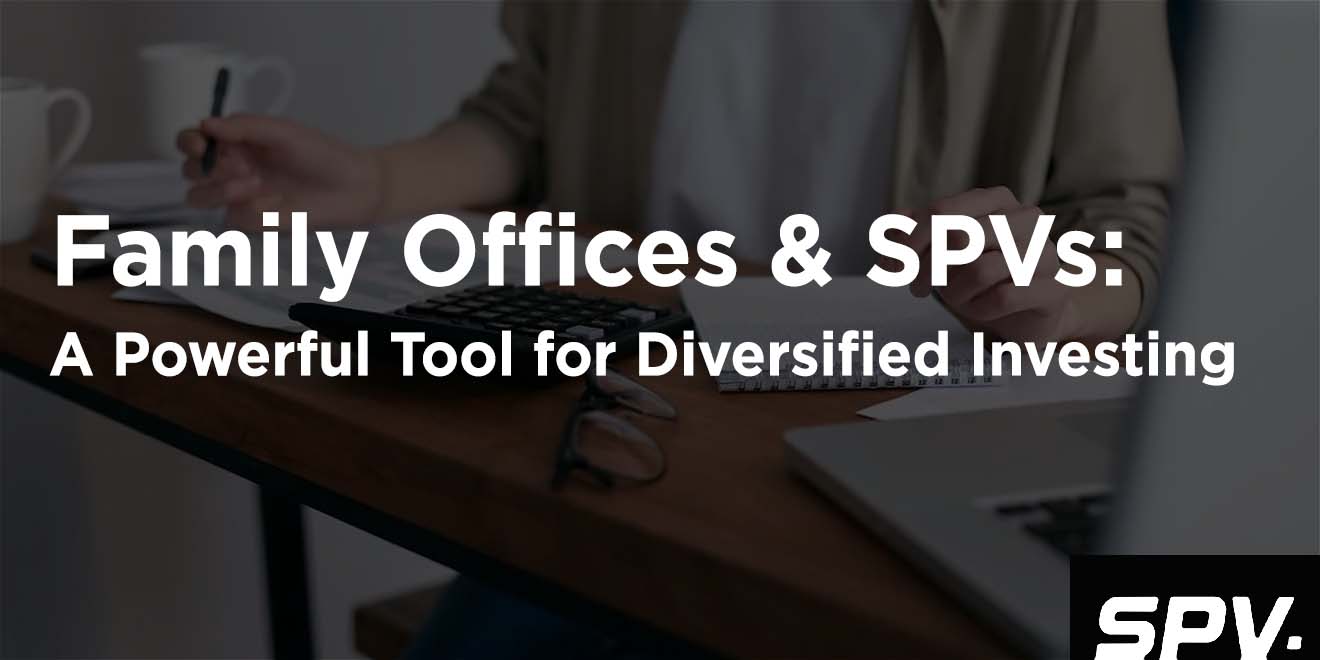
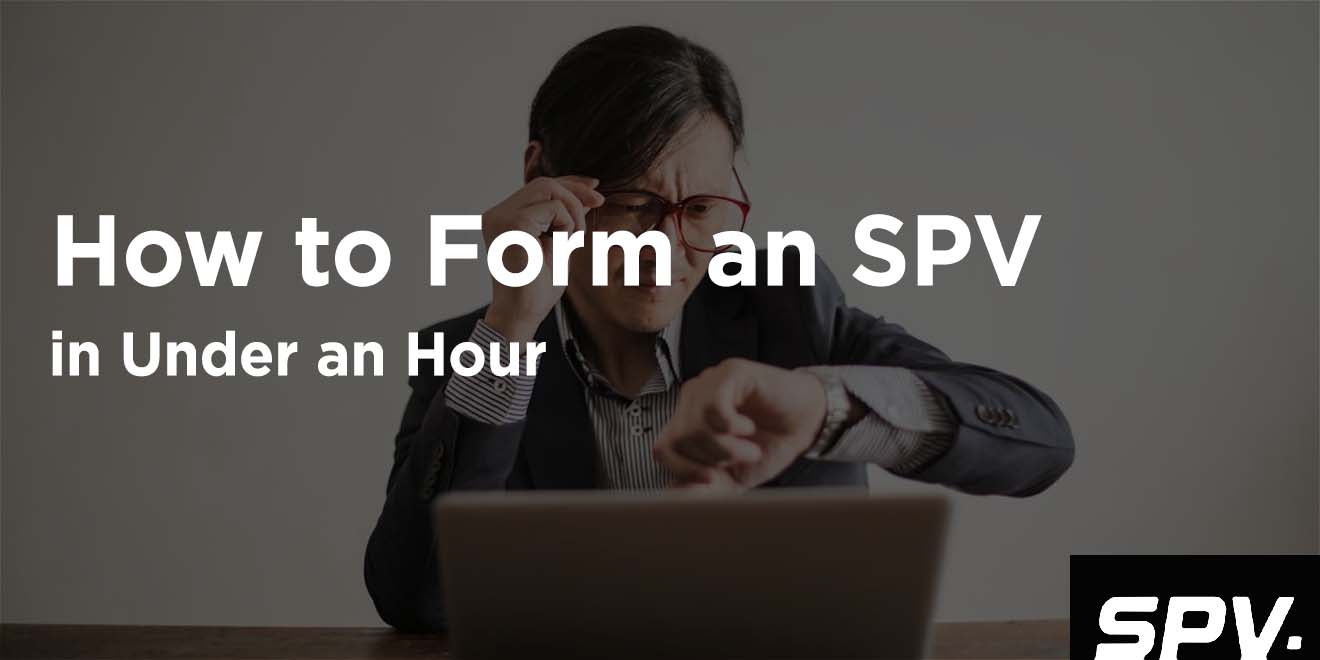
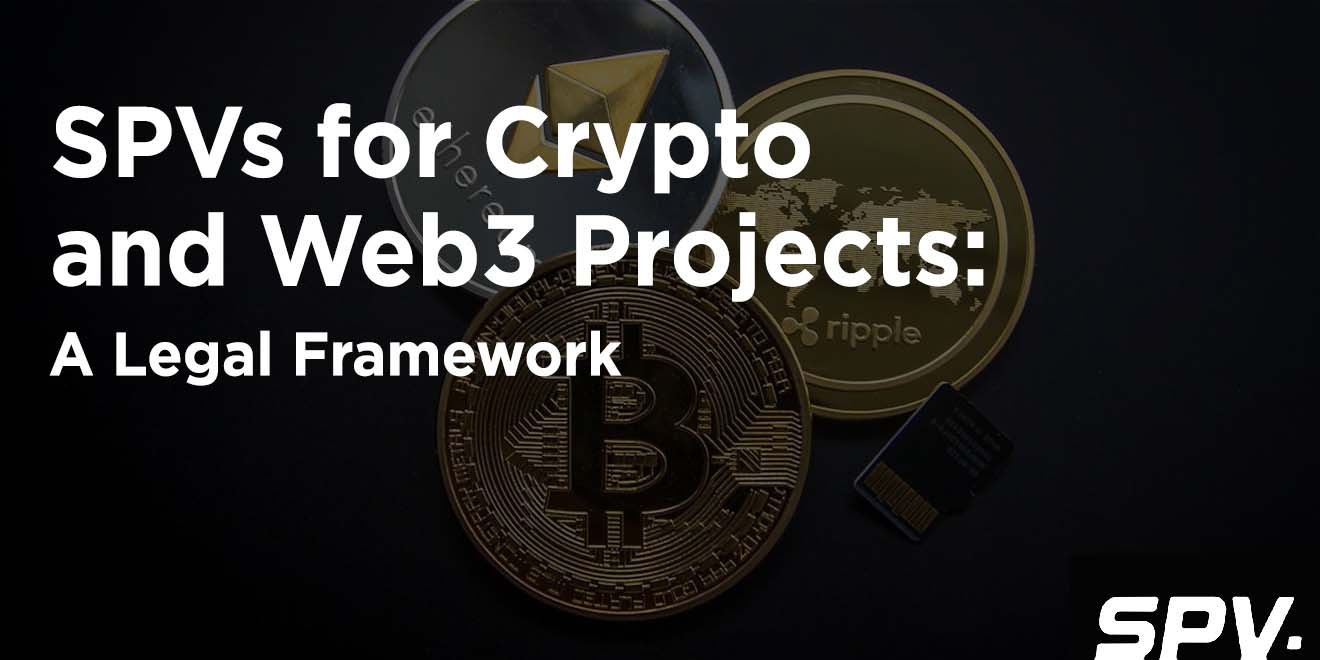

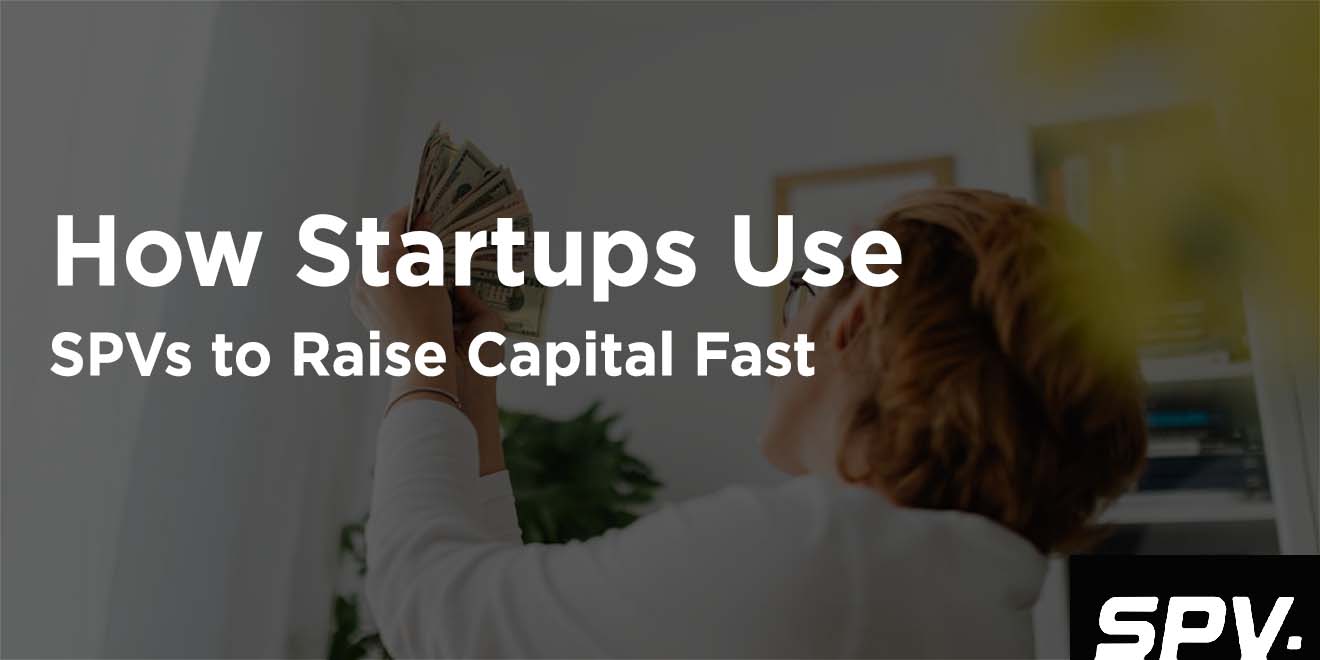
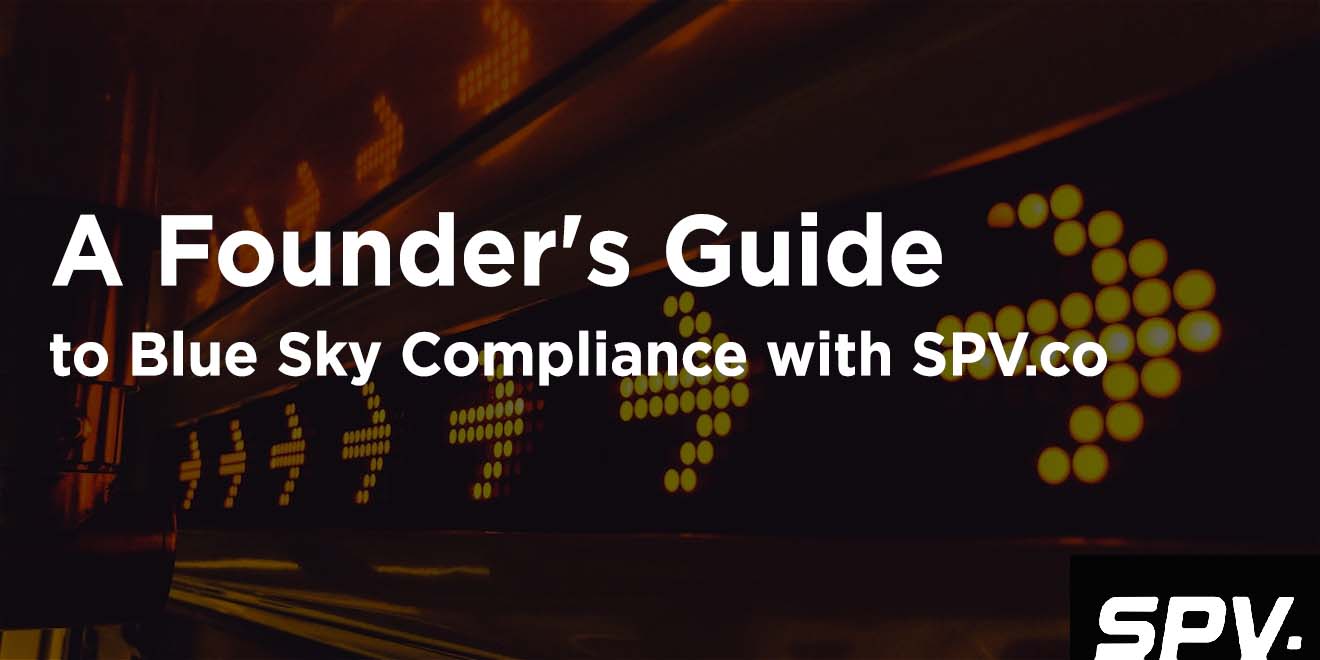

.jpg)


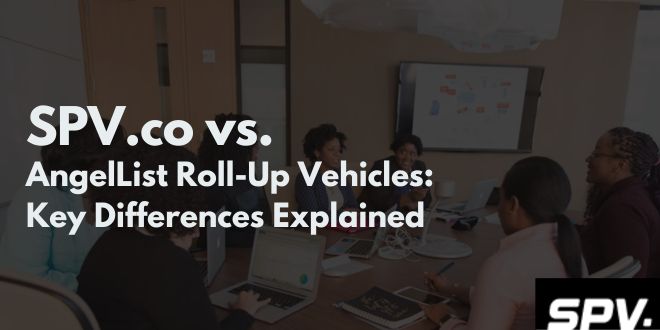

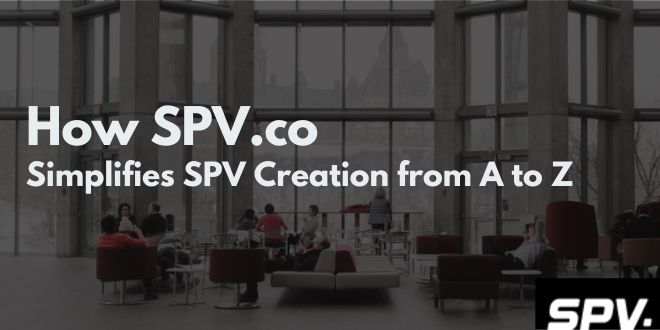
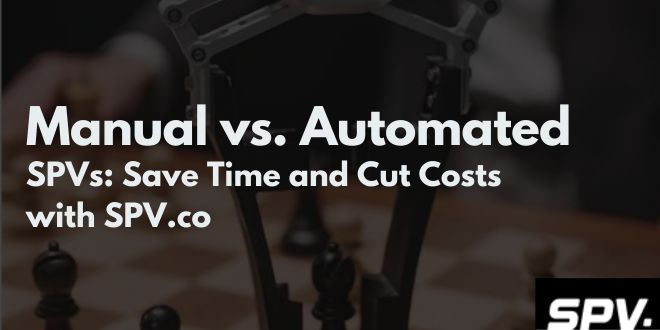
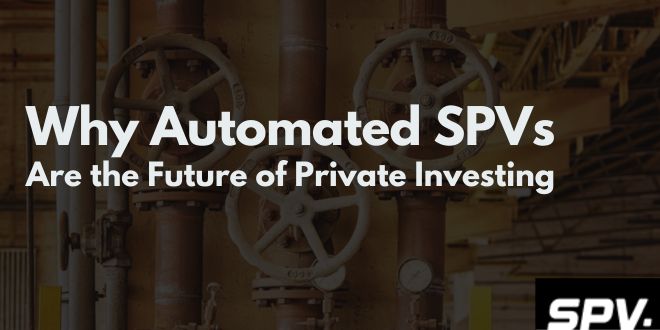

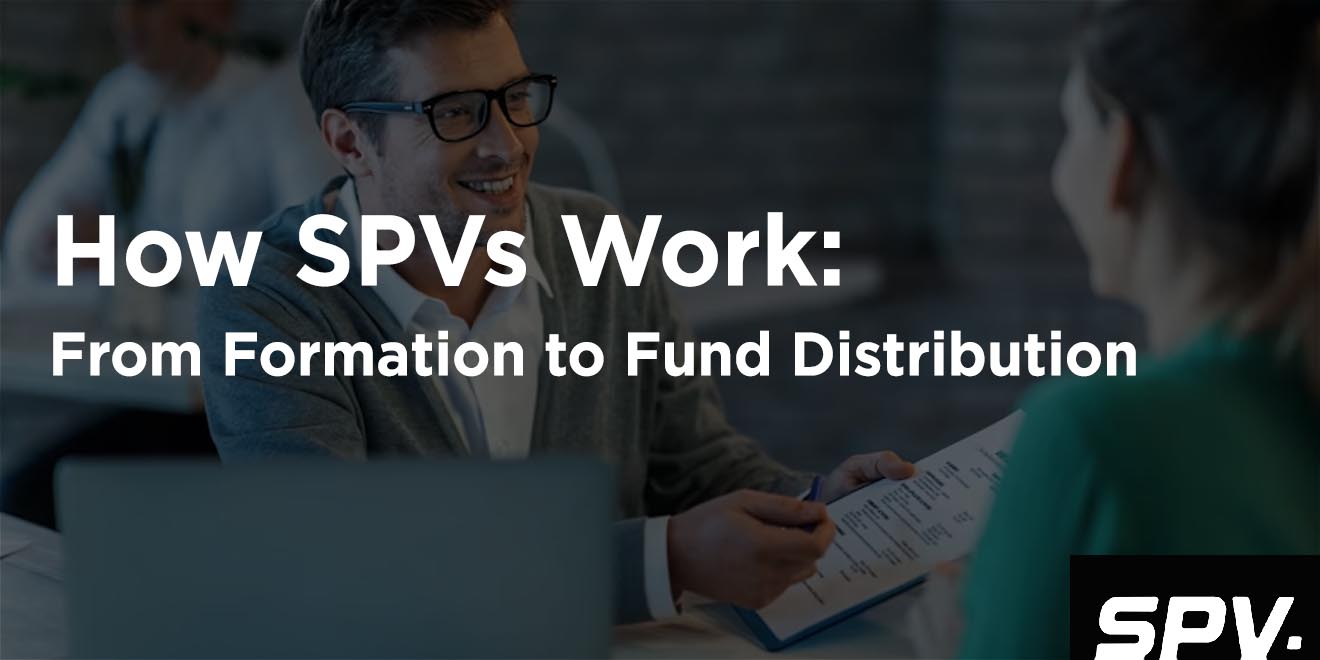
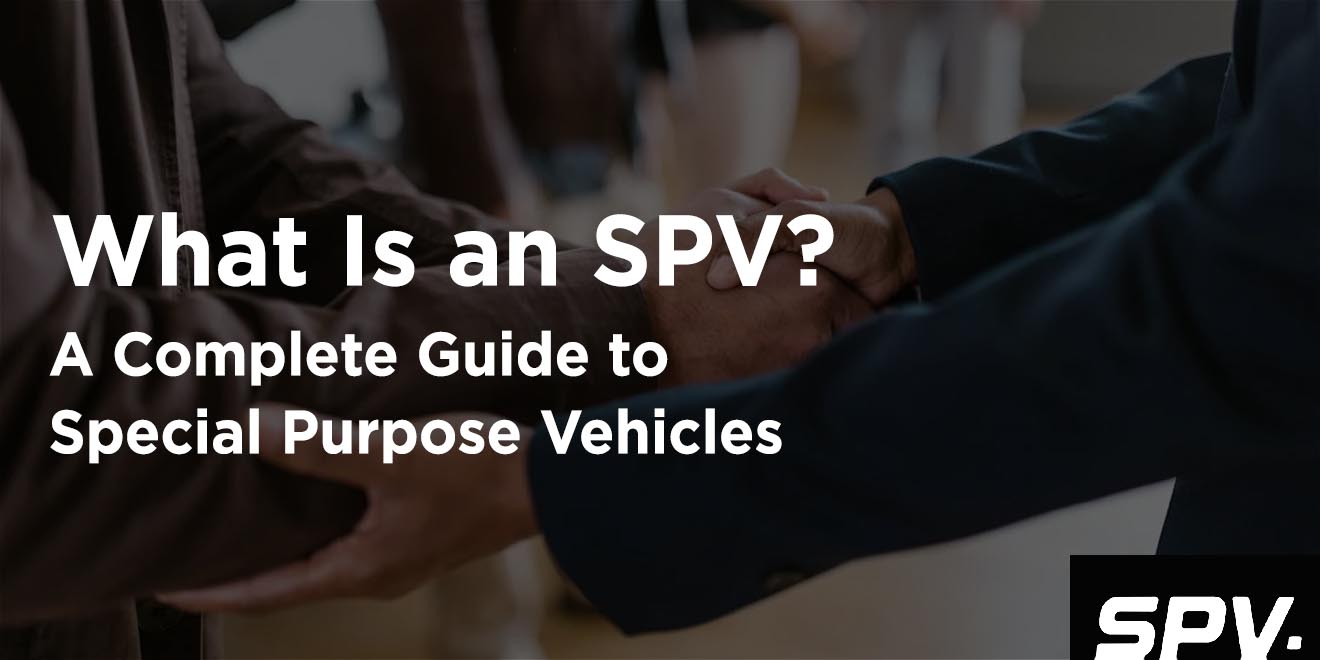
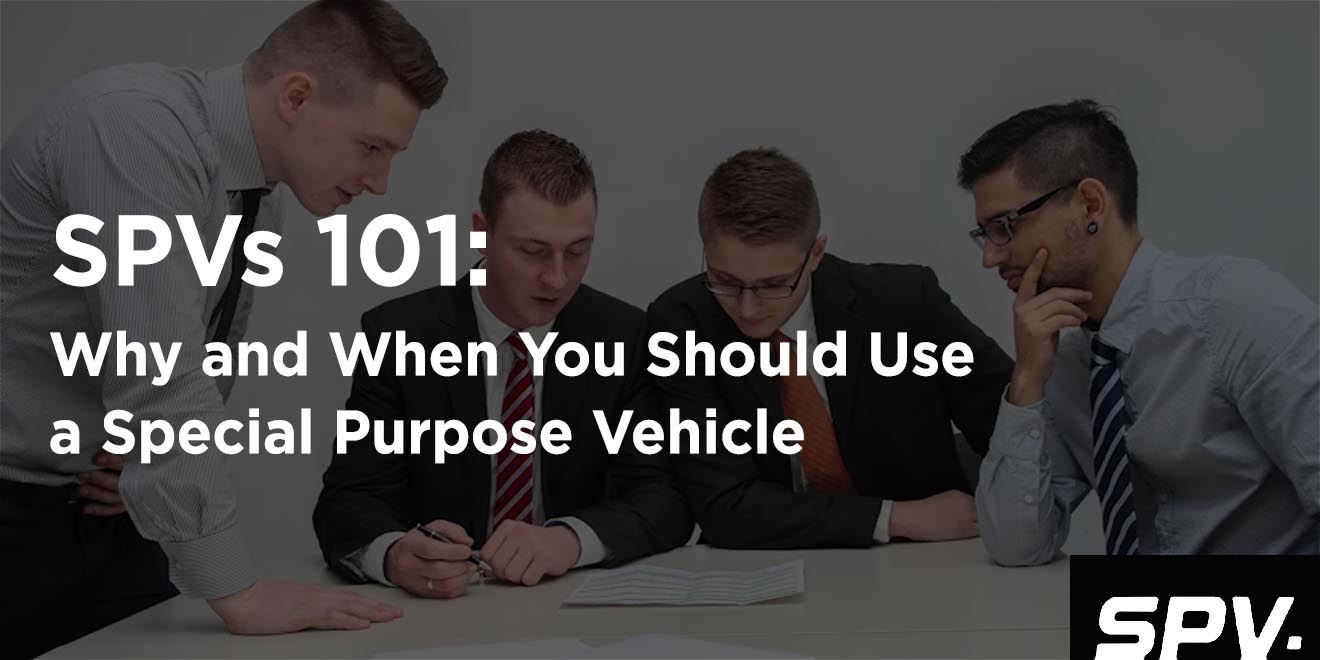

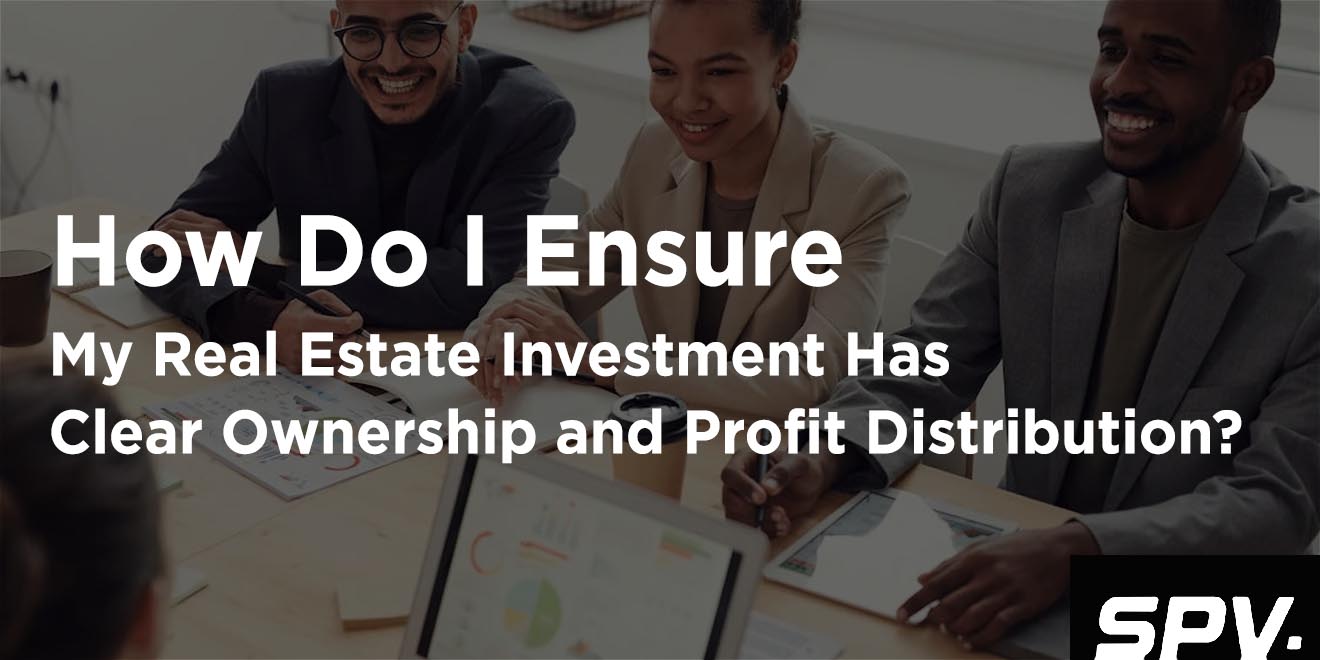
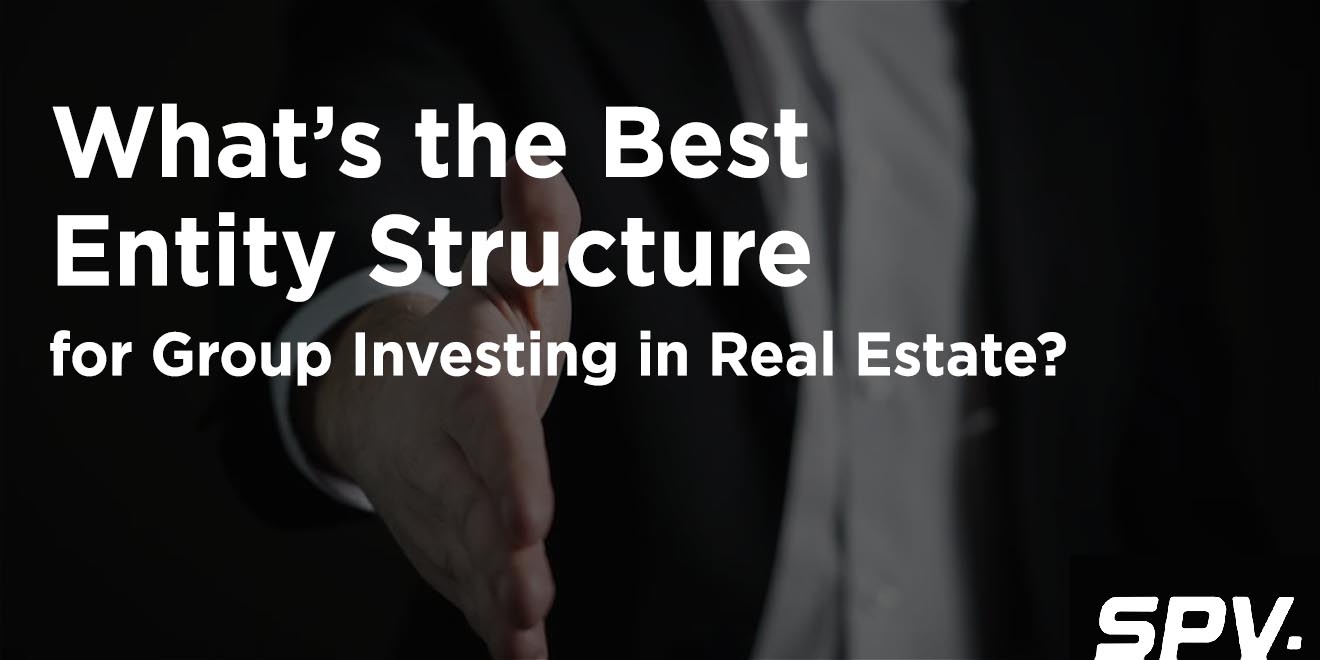


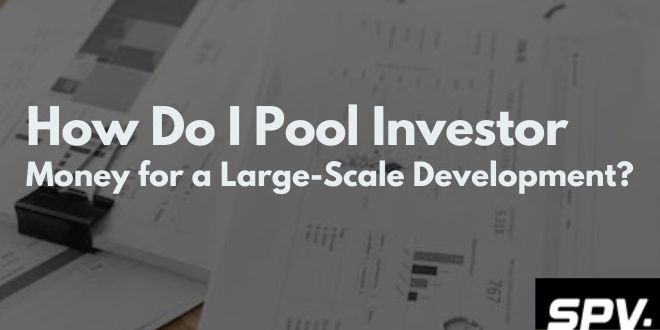


.jpg)










.jpg)




.jpg)
.jpg)





